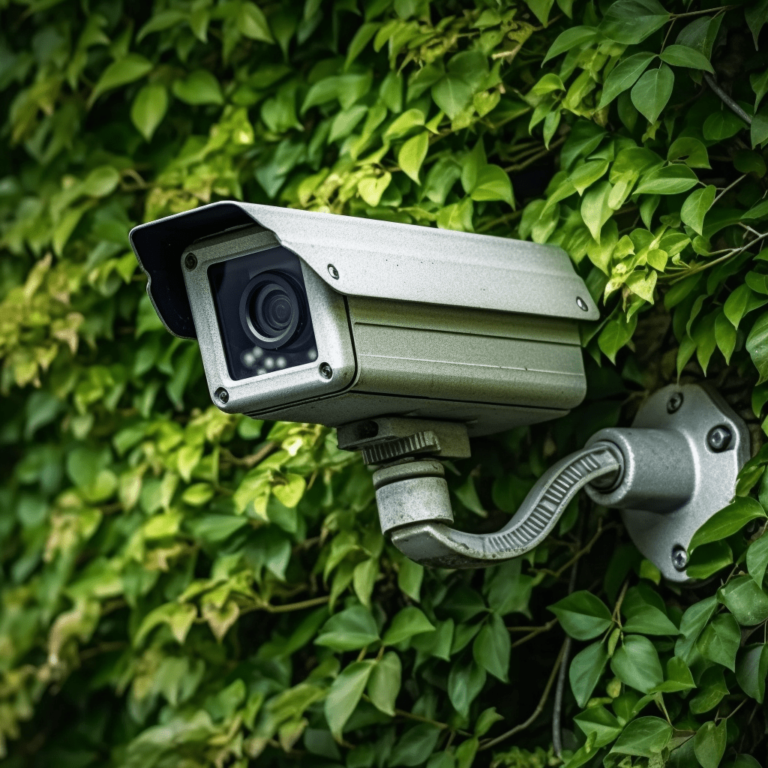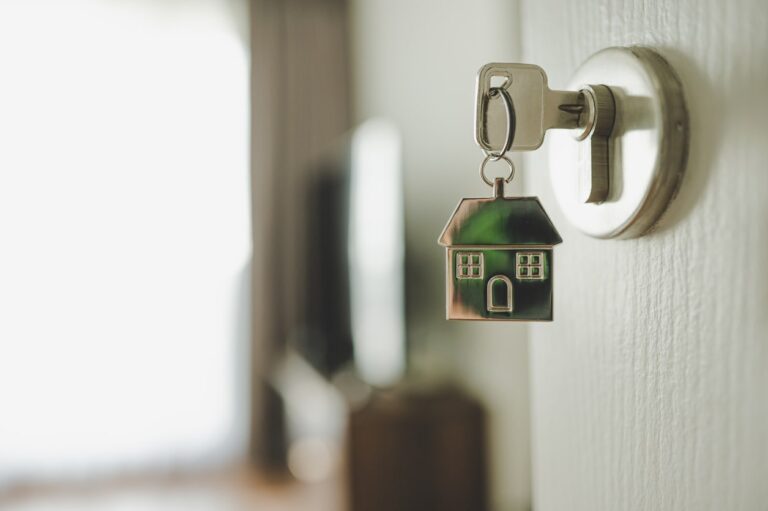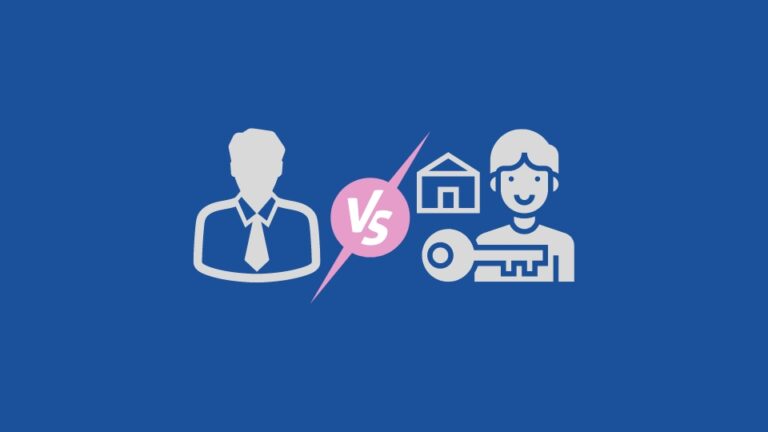Who Is Responsible for Clogged Drains? Tenant or Landlord Ontario?
Clogged drains are a typical problem in many residences and may be significant for renters and landlords. A clogged drain can cause a clogged sink, shower, or toilet, causing occupants inconvenience and discomfort. Landlords, on the other side, may suffer property damage, costly repairs, and tenant complaints.
The Residential Tenancies Act (RTA) governs the relationship between landlords and tenants in Ontario, outlining both parties’ rights and obligations. The RTA specifies landlords’ and tenants’ responsibilities for maintaining rental property, including repairs and maintenance.
The question is, who is responsible for clogged drains in Ontario, the tenant or the landlord? The answer relies on the origin of the obstruction as well as the individual circumstances of each case. In the following parts, we will look at landlords’ and tenants’ obligations in dealing with clogged drains and provide ideas and information on how to prevent and resolve this problem.
Landlord’s Responsibility for Clogged Drains in Ontario
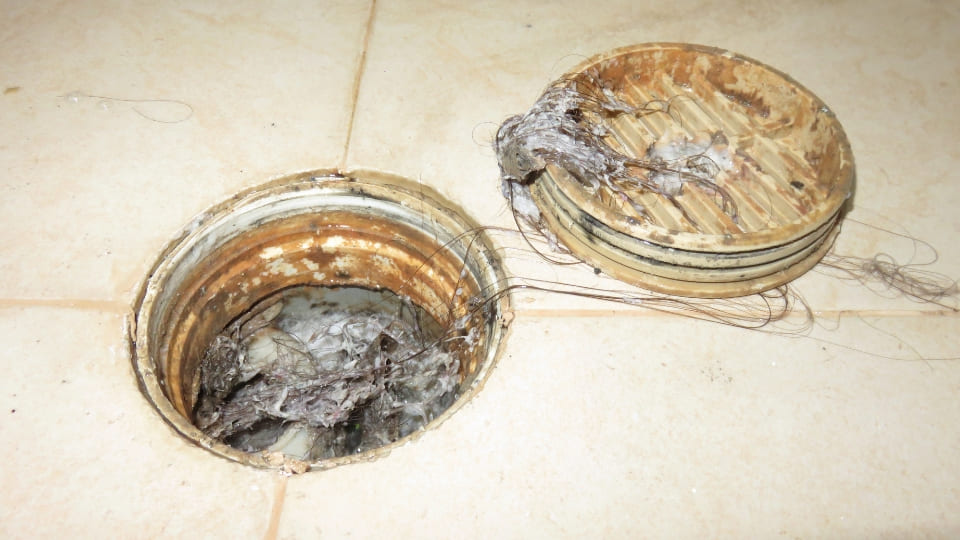
When dealing with clogged drains, landlords must act quickly because they can cause further damage to the property and inconvenience the renters. Landlords should give their tenants a phone number or contact information to use in an emergency, such as a clogged drain.
Landlords should retain records of all repairs and upkeep to verify that they have met their obligations. Landlords can also avoid clogged drains by scheduling routine maintenance and inspections of their plumbing systems. Landlords can avoid costly repairs and tenant complaints by being proactive.
In summary, landlords in Ontario are required by law to maintain their rental premises and ensure that all equipment, including plumbing, is in excellent working order. The landlord is responsible for repairing clogged drains caused by faulty plumbing, tree roots, or natural wear and tear. To avoid tenant complaints and costly repairs, landlords should take timely action and preserve records of repairs and maintenance.
Tenant’s Responsibility for Clogged Drains in Ontario
Tenants in Ontario may need clarification about who is responsible for paying for repairs to clogged drains in rental houses. The answer is only sometimes obvious and depends on the conditions that led to the obstruction. Tenants are generally liable for a clogged drain if they caused it intentionally or accidentally.
Tenants Are Liable for Clogged Drains in Some Circumstances
Tenants may be held accountable for clogged drains caused by their conduct, such as improper flushing or pouring grease down the drain. Tenants may be held liable for clogged drains in the following situations:
- Hairs: Excessive hair in the shower drain can cause obstructions.
- Objects: Flushing inappropriate materials down the toilet, such as diapers, feminine hygiene products, or paper towels, can cause obstructions.
- Grease: Pouring grease or oil down the drain can eventually generate a buildup and blockage.
- Food waste: Discarding food waste in the sink might lead to clogs.
- Too much toilet paper: Using too much toilet paper might lead to clogs.
Renters should remember that they are responsible for responsibly maintaining and utilizing the rented property.
Implications of Causing Property Damage
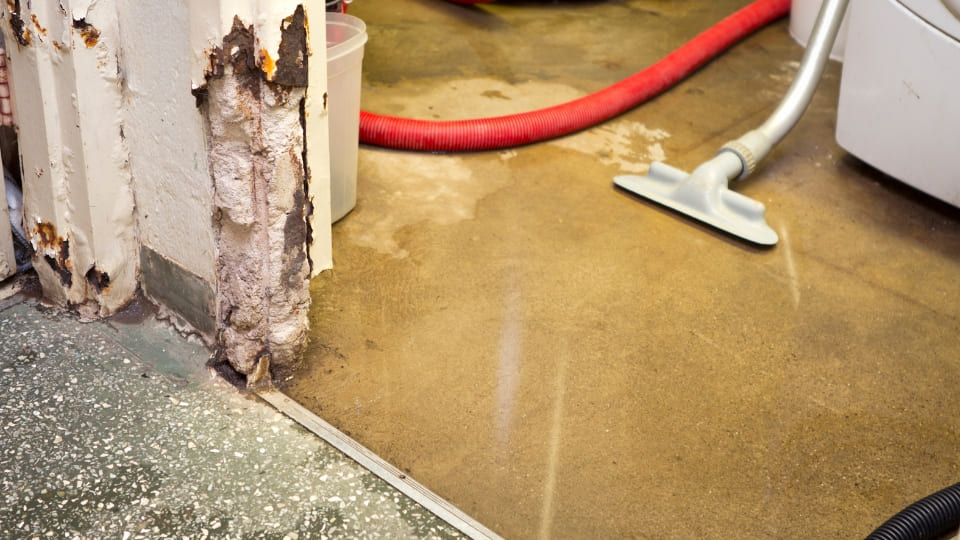
If a renter causes damage to the property, such as clogged drains, they may be held liable for repairs. The landlord may also have the power to cancel the tenancy and evict the tenant, depending on the degree of the damage. Tenants should also be aware that they may be responsible for paying for repairs if they report a problem that is their fault.
Suggestions & Advice: How to Avoid and Handle Clogged Drains
Clogged drains may be highly inconvenient and uncomfortable for both tenants and landlords. Fortunately, there are procedures that both parties may take to prevent clogged drains and deal with them properly when they do occur.
How to Avoid Clogged Drains
When it comes to clogged drains, prevention is always preferable to cure. Here are some pointers to help you avoid clogs:
- Install drain screens – Installing drain screens over sink and shower drains can assist in trapping hair, soap scum, and other material that could clog the drain.
- Dispose of waste appropriately – Avoid flushing materials that could cause a blockage down the toilet, such as paper towels, sanitary products, and baby wipes. Grease, oils, and food waste should also be thrown away.
- Utilize natural cleaning products – Strong chemical cleaners can cause pipe damage and clogging. To keep your drains flowing smoothly, utilize natural cleaners such as baking soda, vinegar, or lemon juice.
Managing Clogged Drains
Whenever you find a clogged drain, acting soon is critical to avoid further damage. Here are some helpful hints for dealing with clogged drains:
- Notify the landlord or tenant as soon as possible – If you are a renter, notify your landlord immediately to take necessary action. Respond to tenant concerns as soon as possible if you are a landlord.
- Record the situation with photos or videos – If you need to take additional action, it’s a good idea to document the problem with photos or videos.
- Get expert assistance if necessary – If the clog is severe or you cannot remove it yourself, it is recommended to seek professional assistance from a plumber. They can identify the issue and propose a long-term remedy swiftly.
Clogged drains may be a major headache for both tenants and landlords. Yet, by following these ideas and recommendations, you can avoid clogs and successfully deal with them when they do develop. When dealing with maintenance difficulties, remember that communication is essential between tenants and landlords. By working together, you can ensure that your rental property is in good condition and that your tenants are satisfied.
Also Check:
- Is Landlord Responsible for Snow Removal?
- Are Landlords Responsible for Pest Control in Texas?
- Who Is Responsible for Clogged Toilet Landlord or Tenant?
FAQs
Can the landlord charge for a clogged drain?
If the obstruction is caused by natural wear and tear, the landlord must rectify the problem and cannot charge the tenant. If the tenant’s activities, such as flushing unsuitable objects down the toilet or pouring grease down the sink, cause the blockage, the landlord may be able to charge the renter for the repairs.
What are the housekeeping responsibilities of tenants in Ontario?
Tenants are responsible for keeping the rental unit clean and tidy, including removing waste and recycling, cleaning the bathroom and kitchen, and keeping the property clean. However, the landlord is responsible for repairs and maintenance, such as repairing malfunctioning equipment or leaky pipes.
Should the landlord be responsible for malfunctioning under-sink drainage and pipes?
The landlord is responsible for the plumbing system’s repair and maintenance, including any difficulties with under-sink drainage and pipes. If the problem is due to regular wear and tear or a flaw in the property, the landlord is responsible for the repairs. However, if the renter’s activities created the problem, such as dumping toxic chemicals down the drain, the tenant may be liable for the repair costs.
Conclusion
Finally, the responsibility for clogged drains in Ontario is determined by the reason of the blockage. Landlords are liable for restoring broken or malfunctioning equipment, while tenants are responsible for a blocked drain if they caused it, either unintentionally or purposefully. In Ontario law, all parties have rights and obligations; discussion and collaboration are necessary to resolve disputes.
Tenants should use drain screens, dispose of garbage appropriately, and use natural cleaners to avoid clogged drains. Whenever a drain becomes clogged, tenants should notify their landlord or tenant immediately, document the problem with images or videos, and seek professional assistance. Tenants and landlords can maintain a healthy operating environment by following these recommendations and recognizing their duties.



